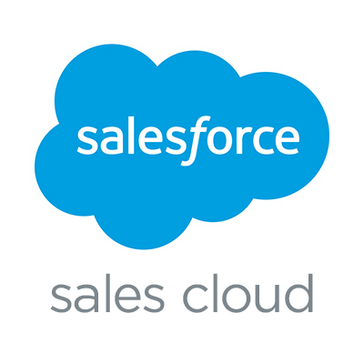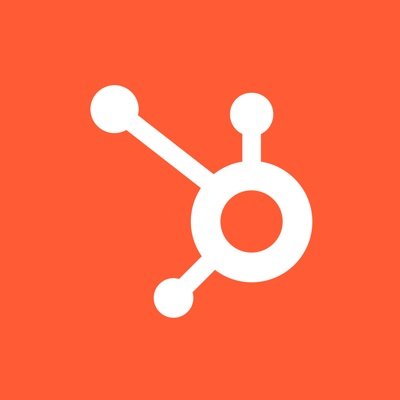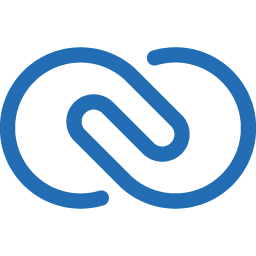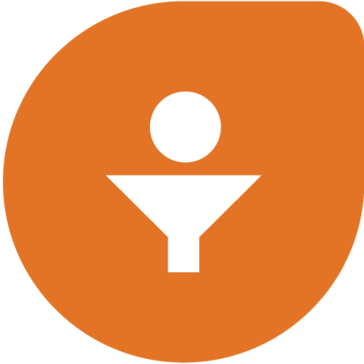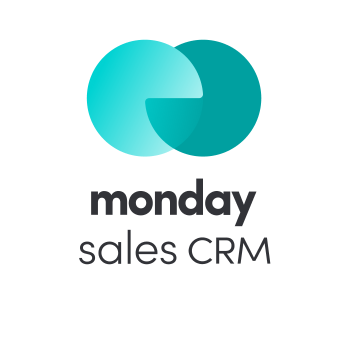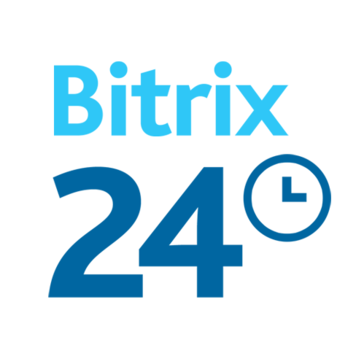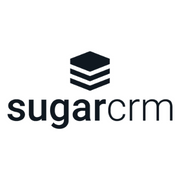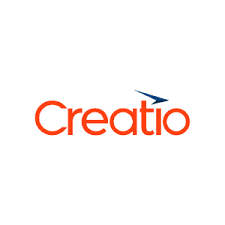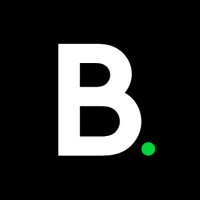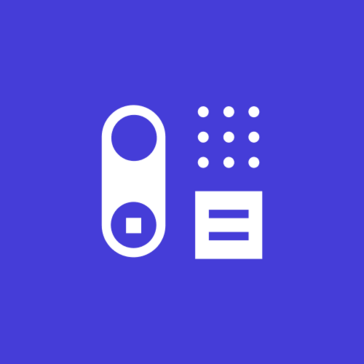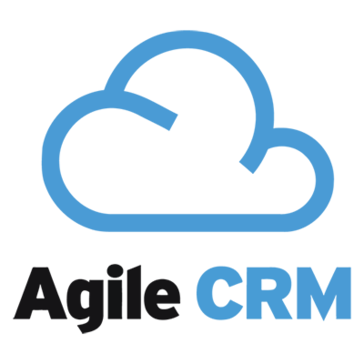Retail CRM Software Buyer's Guide
Table of Contents
- » What is Retail CRM software?
- » Why is it Important for Businesses to Use Retail CRM software?
- » What are the Features of Retail CRM Software?
- » What are the Benefits of using Retail CRM software?
- » How to Use Retail CRM software?
- » How to Choose the Best Retail CRM Software?
- » What is the Cost of Retail CRM software?
- » Conclusion
» What is Retail CRM software?
Retail CRM software is a software tool that collects, identifies, and organizes multi-channel customer data, tracks customer behavior, and provides valuable insights to determine marketing strategies. Retail CRM software will customize every step of a customer’s journey, show specifically what a customer is looking for, and help create a personalized experience for them.
39% of CEOs around the world claim that providing a good customer experience is the most effective way to establish an advantage over competitors. It is now regarded as important as pricing and quality of products to increase sales and stay at the top of the game. In this new era, customers prefer the convenience of online purchasing, especially after the COVID-19 outbreak.
Retail CRM Software is your trump card to win over your customers and lure them back to your services and products repeatedly. From analyzing activities like high-frequency purchases, and product preferences to key dates and times, retail CRM provides a holistic experience for both the company and the customer base and creates a bond with loyal customers that lasts.
» Why is it Important for Businesses to Use Retail CRM software?
Online shopping is exponentially increasing everywhere in the world. According to some studies, worldwide e-commerce sales will reach USD 6 trillion by the year 2024. Offering the ultimate customer experience that eventually translates into enhanced sales for the business becomes the pivotal step here.
80% of customers are likely to make a purchase when they are given a personalized experience and 81% of them say that they need to trust the brand before making a purchase. Apart from quality, these days customers are having higher expectations when it comes to businesses they buy from- their services, follow-ups, variations, cruelty-free, and even sustainability options. This means businesses need to deploy technologies that leverage customer needs and ensure customer satisfaction leading to 100% customer retention.
Thus, investing in retail CRM software becomes the key driving force behind sustaining profits.
» What are the Features of Retail CRM Software?
CRM Software for the retail industry offers an array of diverse types of features that help very efficiently in your retail management and streamline operations. These features are robust, and customizable and ensure maximum productivity that boosts both user convenience and client experience. The most important ones would be:
› Omni-channel customer data integration
Retail CRM software is data-oriented. It can collate important customer information from multiple sources like websites, social media, e-commerce, apps, in-store touch points, sales, and other websites. It organizes the data in a single dashboard ready to refer and analyze.
› Customer profiles
The data collected are segmented into categories and filters such as age, location, intent, repeat purchases, interests, etc. This is used for making a more nuanced approach while reaching out to a customer.
› Marketing automation
Based on the customer categories, effective marketing strategies are made across channels including personalized email marketing and targeted ads automatically.
› Automated workflows
A retail CRM manages end-to-end operations from an internal ticketing system, and distributor-retailer network to order and inventory management. All these processes can be accessed from a mobile or a PC.
› Reporting and Analytics
One of the most important features of a CRM. Data-rich reports and dashboards reflect deep analysis and valuable insights into customers’ behavior and responses. It also includes the performance of marketing campaigns, sales trend analysis, and other opportunities. These help in understanding the bigger picture, taking informed decisions, and catering to customers’ needs efficiently.
› Smart Monitoring
Business revenues, product performances, stock variances, and other retail KPIs can be seamlessly monitored.
› Omni channel Interaction
Customers are in touch with your brand through multiple channels. Retail CRMs stay in touch with them consistently through social media, in-app messaging, emails, push notification and live chat. Creation and assigning of content can be done from a single platform.
› Loyalty Program
Customers can be enrolled in loyalty programs, simultaneously offering other perks and rewards for maximum engagement.
› Helpdesk and Self-service Portal
An automated help desk can be set up with the help of an AI to streamline workflow and some software also offer a self-service portal so that customers can solve their query rather than waiting for a customer care representative.
› Security and Privacy
Most retail CRMs come with API integration, Single-sign-on, data encryption, and other high-grade security systems for utmost protection.
› Integration with your Retail Enterprise
The best retail CRM software seamlessly integrates with all your other retail applications, social media channels, and other functionalities and any third-party software. This improves the overall workflow leading to better collaboration and performance.
» What are the Benefits of using Retail CRM software?
The benefits a retail CRM software offers are myriad and endless. You have to take full advantage of it to leverage the software to its fullest. Here are some of the benefits that will convince you-
› Segmented Data Access
For a retail business acquiring detailed customer data is highly significant. CRM systems for retail help you store indefinite information about customers, their preferences, shopping history, and buying trends as per demography which can be segmented, categorized, and assigned to experts. With this information, you will know what the customers are specifically expecting and serve them best accordingly.
› Personalized Marketing
Personalized content is 26% more likely to get tapped by a customer. Retail CRM helps you get an in-depth picture of the customer base and create relevant content based on that information. With Retail CRM software, you can ensure that the message you convey is ultra-relevant to the recipient.
› Streamlined Operations.
Retail CRM automates your entire workflow reducing the huge amount of time and labor, supervising order activity and communication is easy and effortless. You have complete visibility over each step of order fulfillment.
› Effective Decision-Making
Granular reports and analytics on how your existing marketing strategies are performing help to track the path of your retail journey. This leads to Identifying weak points and making informed decisions down the lane.
› Loyalty Programs
After identifying repeat customers, CRM allows you to track how the existing customers have responded to the various offers and how likely they are to take on the rewards, specialized discounts, and incentives. The more your customers grow the more these things matter.
› Improved Customer Service
Customers demand a lot when they put their trust in a brand. And it is that brand’s responsibility to hold that trust. One mistake can cost you a loyal customer replacing you with your competitors for a better experience. With an online retail CRM in your hands, you can promptly address customers and establish a long positive connection with them.
› Customer Retention
With the best CRM software for retailers, your primary concern of retaining customers can be done with ease and accuracy. Loyalty programs and personalized marketing strategies are thoroughly effective in retaining existing customers. Customers are bound to recognize the way you value them.
» How to Use Retail CRM software?
A retail CRM must be equipped with features that allow you to complete every kind of task from fundamentals to specifics. Everything should be preplanned about how you want to get on with a newly installed retail CRM. Below is a comprehensive guide on how a user should move through a CRM in order to reach their goals-
› Updating customer data:
CRM software initiates by integrating with existing e-commerce software and managing contacts automatically. It creates huge records of customers without you being worried about it.
› Managing customers:
Managing customers should be the next step while leveraging a CRM. With the help of customer-centric data from all channels, insights, and performance results you can decide how to manage customers further.
› Team collaboration:
This is one of the most important steps, as teams across departments should be aware and updated on all the processes that are going on. They should be able to track and access all the data and results to bring forward their valuable input.
› Strategizing:
Lastly, taking intelligent and effective decisions and implementing them successfully. If you can’t solve your existing problems or concerns about your reach to customers, there is no use in investing in a CRM.
» How to Choose the Best Retail CRM Software?
Retail CRM is a bit different when it comes to other CRMs, As a CRM for the retail industry complies with what sales and marketing are really about. While searching for the best CRM software, many retailers might mistakenly start acknowledging the technological features, while the more intelligent way to approach this is to consider your business objectives and required strategies and find one with capabilities that will concrete those ideas.
You also need to evaluate whether you need a CRM that’s off-the-shelf, that will entail basic features with quick implementation, or that you are ready to commit to a tailor-made custom solution. Analyzing the pros and cons of shortlisted software is also equally important. Some other considerations you might look forward to while deciding on –
› Data collection and Segmentation Capabilities:
The best retail CRM should be able to offer consumer insights and a 360-degree customer view that goes beyond demographics, purchase history, and behavior. Moreover, they should be able to create dynamic segments according to traits. This is the major function of CRM systems for retail and companies must ensure it.
› Marketing Effectiveness:
Retail marketing software should direct the consumer journey in the right way, and assess its effectiveness in converting a visitor into a customer. The services should also include multi-channel marketing campaigns execution, analysis, and management.
› Customization:
One of the most important features to look for is customization allows you to design campaigns in ways that speak volumes about your company. From automation to customizable templates for social media posts, text messages, and email, a retail CRM should include all.
› Deployment strategies:
Determine answers to questions like what will happen on a live day, what kind of assistance you will require, whether you will be able to make changes as needed, what are deadlines and communication plans, etc.
› Budget and business size:
Analyzing your specific requirements according to the size of your company is also very important. Whether you are a start-up, enterprise, or small business, the size will significantly impact your retail CRM choice. Similarly, it will help you immensely if you choose a retail CRM that fits your budget and will allow you to expand if needed.
› Protection and privacy:
Retail CRM platforms come in both web-based and cloud-based solutions. Cloud-based solutions are generally more flexible and seamless and offer more encryption, data privacy, and protection.
So, deciding on which CRM to choose over others requires months-long planning and utmost attention and weighing the pros and cons. The best way to avoid any mistake would be to carefully evaluate what kind of data and workflows your company is used to.
» What is the Cost of Retail CRM software?
With so many retail CRM solutions available in the market, companies struggle to find a suitable one that covers their costs. It is even more confusing when CRM vendors set their pricing in varied ways. This variety is based on factors like the number of users, the size of your company, and the number of features.
You need to unearth key information on how their CRMs are priced so that you can make a sound decision. Most companies do not mind expanding their spending on CRM software, because of the huge return on investment it offers and because of the competitive market. In general, they’re priced on the monthly basis with different prices for the basic package (key features only) and premium package (advanced features included). There are also many free retail CRM software for retailers available. The major two kinds of pricing systems consist of-
- Fixed monthly pricing: A fixed price is taken from the company usually ranging from $20 to $130 per month, billed annually or monthly.
- Per user concept: If you want to deploy a per-user plan, it is usually available in the range of $8 per user per month to $40 per user per month, depending on your package.\
- Quote-based: Quote-based pricing is for companies that are flexible and need to custom-make their software with features they like. They have to ask the vendor team directly for a price.
» Conclusion
Customer relationships are like a disease. If left unattended it can get worse. It’s the definition and key driving factor of your business growth. Retaining and gaining customers has never been this easy if done the right way. The customer scenario changes with every passing minute hence it depends on the stakeholders to ensure they have everything they need at the tip of their fingers. This comprehensive guide will assist you in every step of your decision-making process while buying a CRM for your retail business.
